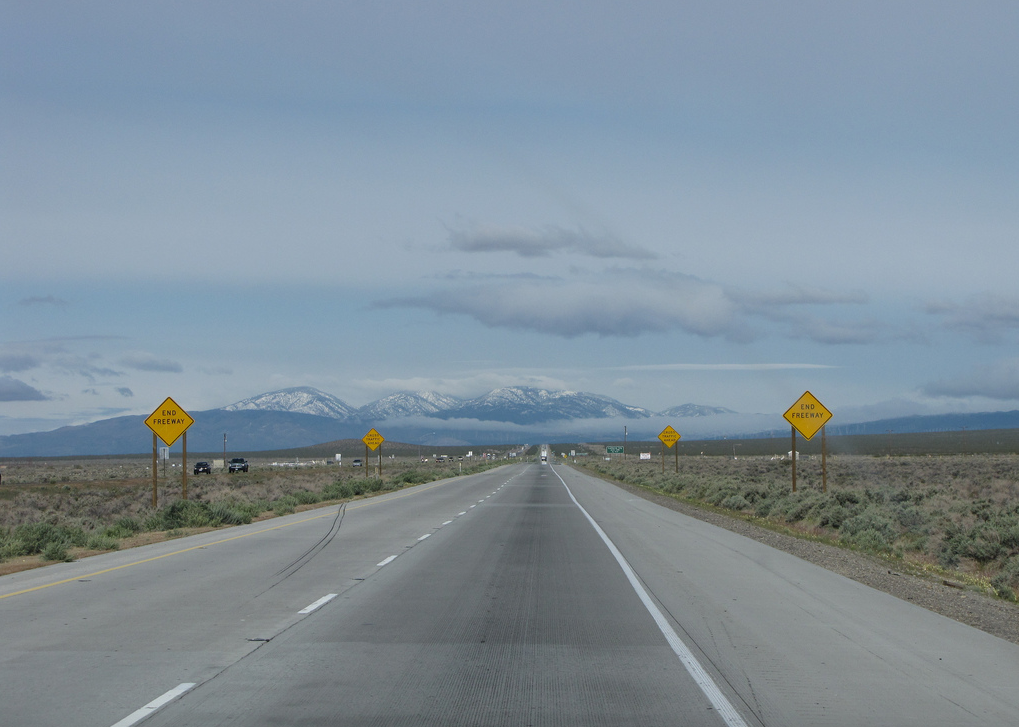Tehachapi, California

When I was twelve I was admitted to the hospital in Tehachapi. We shared a room, the only one open in the rural clinic. You handcuffed to the bed, me straining for air. I was having an allergic reaction, throat swelling, tongue prickling like I held a mouthful of needles. You moaned, grimaced. I don’t know what was wrong with you, or why you weren’t in the prison infirmary. Maybe you were injured clearing debris from a roadside. Maybe you fell ill in transport. Couldn’t tell, didn’t care—I turned away and relaxed only when the officer came to sit in the folding chair by your side, one hand on his police radio. My eyelids were heavy from the medicine and I drifted. When I woke you were gone.
I think about you and my town and the prison within it. Contained, nearly invisible, you were merely a feeling of another’s presence. Those of us who grew up in Tehachapi were peripherally aware of you, the inmates—many had parents employed by the prison or knew a guard. I remember sitting in a friend’s minivan, seeing her mom’s correctional officer badge and gun at my feet on the floor and thinking of you. In the trailers a mile from your cell—that was our elementary school—we had safety drills in case you ever escaped: lights out, lock up, hide under desk. Visitors to the prison would often ask for directions at the Exxon off the highway, worried they’d gone too far, and we’d point them further down the dead end road. Perimeter security lit the valley floor up so bright that coming down the mountain pass, even in the middle of the night, it looked to me like daytime.
You didn’t seem real. Face-to-face in the hospital room, I was blind to you. I’ve heard there is a newer, bigger hospital now—I don’t live in Tehachapi anymore and lots of things have changed. But it’s still there, the prison, and with it my memory of you. It’s still there, that dry dead feeling when I think of endless, windswept days and how the dirt stung my eyes. I smell the cedar and the pine. See the Tule fog swallowing the foothills and the highway before me disappearing into a wall of clouds. And, you—who knows what you did or even who you are. I wish I knew what hurt coiled in your chest. All I know is you moaned and leaned over the side of the bed, and realizing you weren’t alone, tried grinning through the pain. You tried to make a girl smile. I remember that. I can see you watching me. I see you.
Samantha Allen received an MFA in fiction from Texas State University and her writing has appeared in Electric Literature. She lives in Atlanta.




